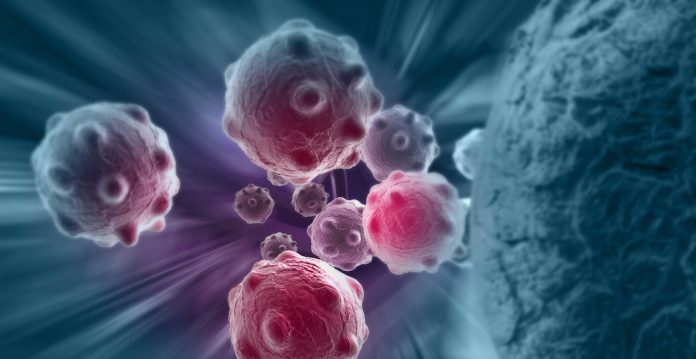Рак крові, зокрема такі хвороби як мієлопроліферативні новоутворення (MPN) та гострий мієлоїдний лейкоз (AML), є надзвичайно складними для лікування і часто залишають пацієнтів без надійних методів боротьби з прогресуванням хвороби. Однак нещодавно вчені з Медичної школи Вашингтонського університету в Сент-Луїсі зробили сенсаційне відкриття, яке може змінити підхід до лікування цих важких захворювань.
Дослідження показали, що препарат PMD-026, який розроблявся для лікування раку молочної залози, може бути ефективним і в боротьбі з деякими формами раку крові. Спершу цей препарат спрямовувався на блокування білка RSK1, який грає ключову роль у розвитку запалення та прогресуванні пухлин, особливо в контексті мієлопроліферативних новоутворень. Результати випробувань на мишах та людських зразках виявили значне зниження рівня ракових клітин і навіть відновлення здорових тканин в кістковому мозку.
Два важливі дослідження, опубліковані в журналах Nature Communications і Blood Cancer Journal, продемонстрували обнадійливі результати. У першому дослідженні було показано, що блокування RSK1 може значно зупинити прогресування MPN, зменшуючи кількість ракових клітин на 96 % вже через чотири тижні. У другому дослідженні препарат продемонстрував свою ефективність в лікуванні FLT3-ITD AML — агресивної форми лейкозу, що часто стає стійким до традиційних методів терапії. Ці успіхи настільки важливі, бо вони дають новий шанс для пацієнтів, у яких хвороба прогресує і які не мають доступу до ефективних методів лікування. Окрім цього, препарат може підготувати пацієнтів до трансплантації стовбурових клітин — єдиного на сьогоднішній день способу лікування деяких видів раку крові.
Препарат PMD-026, що блокує всі чотири форми білка RSK, спершу був випробуваний на пацієнтах із раком молочної залози, і їхні результати виявилися обнадійливими. На даний момент команда дослідників з Вашингтонського університету активно співпрацює з розробниками препарату, аби дослідити його потенціал у лікуванні раку крові. Якщо цей препарат буде схвалений для використання в лікуванні раку молочної залози, він стане першим на ринку ліками, що активно пригнічують сімейство білків RSK, що дасть надію на нові методи боротьби з різними видами раку.
Дослідження підтримуються низкою міжнародних організацій, таких як Національний інститут здоров’я (NIH) та Товариство лейкемії та лімфоми, а також Фондом дослідження MPN. Вчені продовжують роботу з розробки клінічних випробувань для перевірки ефективності цього препарату на пацієнтах з раком крові, які вже вичерпали всі інші варіанти лікування.


